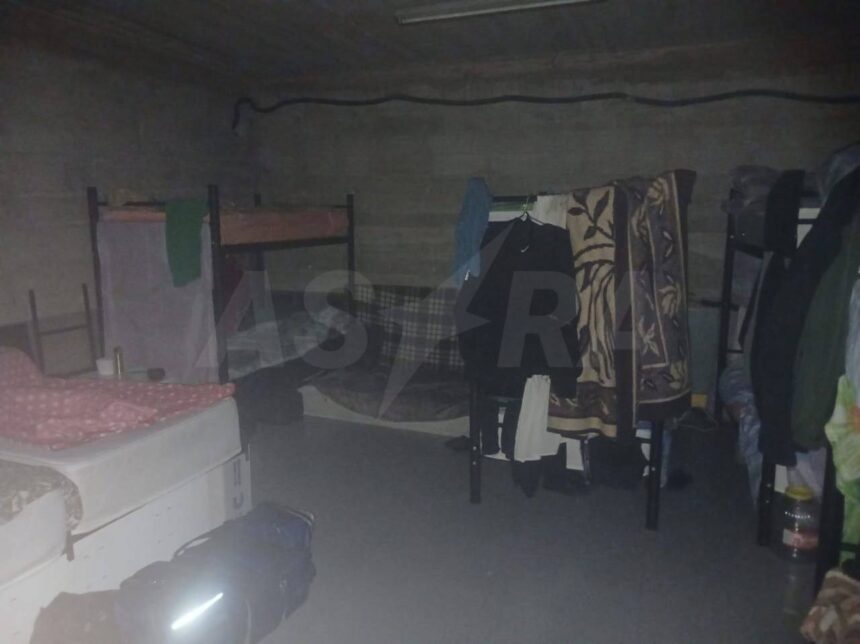In a disturbing revelation that underscores the humanitarian crisis unfolding alongside Russia’s military aggression, Ukrainian civilians forcibly deported to Russian territory are reportedly being subjected to inhumane conditions, including detention in basement facilities without adequate food or water.
Recent investigations have uncovered a systematic pattern of mistreatment facing Ukrainians who have been transported across the border against their will since the full-scale invasion began in February 2022. According to multiple survivor testimonies and human rights monitoring groups, hundreds of displaced Ukrainians have endured detention in makeshift holding facilities with critically substandard conditions.
“They kept us in a damp basement for almost two weeks. We received water once a day and barely any food,” recounted Maryna Kovalenko, a 43-year-old teacher from Mariupol who was forcibly relocated to Russia’s Rostov region. “When we asked about legal status or contacting relatives, they told us to be grateful we weren’t in prison.”
The Russian “filtration” process, as it has become known, involves separating Ukrainians deemed suspicious or politically active from others. Those who fail this screening often disappear into detention facilities where monitoring organizations have limited or no access. Human rights advocates estimate thousands of Ukrainians remain unaccounted for after being processed through this system.
United Nations investigators have documented numerous cases that potentially constitute war crimes, including forced disappearances, prolonged arbitrary detention, and physical abuse. The UN Human Rights Monitoring Mission has expressed particular concern about the vulnerability of children, elderly citizens, and those with medical conditions who are subjected to these harsh conditions.
International legal experts classify forced deportation of civilians during armed conflict as a potential crime against humanity under the Rome Statute of the International Criminal Court. Despite mounting evidence, Russian officials continue to frame these operations as “humanitarian evacuations” and deny allegations of mistreatment.
Ukrainian government sources estimate more than 200,000 children alone have been transported to Russia or Russian-controlled territories. Diplomatic efforts to secure their return have faced significant obstacles, with international organizations struggling to establish reliable channels for family reunification.
“What we’re witnessing is a deliberate policy to erase Ukrainian identity through these deportations,” said Dr. Iryna Fedorova, an expert in international humanitarian law. “The detention conditions represent just one element of a broader strategy of population displacement that violates multiple international conventions.”
As global attention remains focused on battlefield developments, aid organizations warn that the plight of deported civilians risks becoming an overlooked dimension of the conflict with long-lasting consequences for thousands of families.
As international pressure mounts for accountability, a crucial question emerges: Will the global community establish effective mechanisms to document these abuses, secure the return of deported Ukrainians, and ultimately hold responsible parties accountable for what appears to be one of the largest forced population transfers in Europe since World War II?























